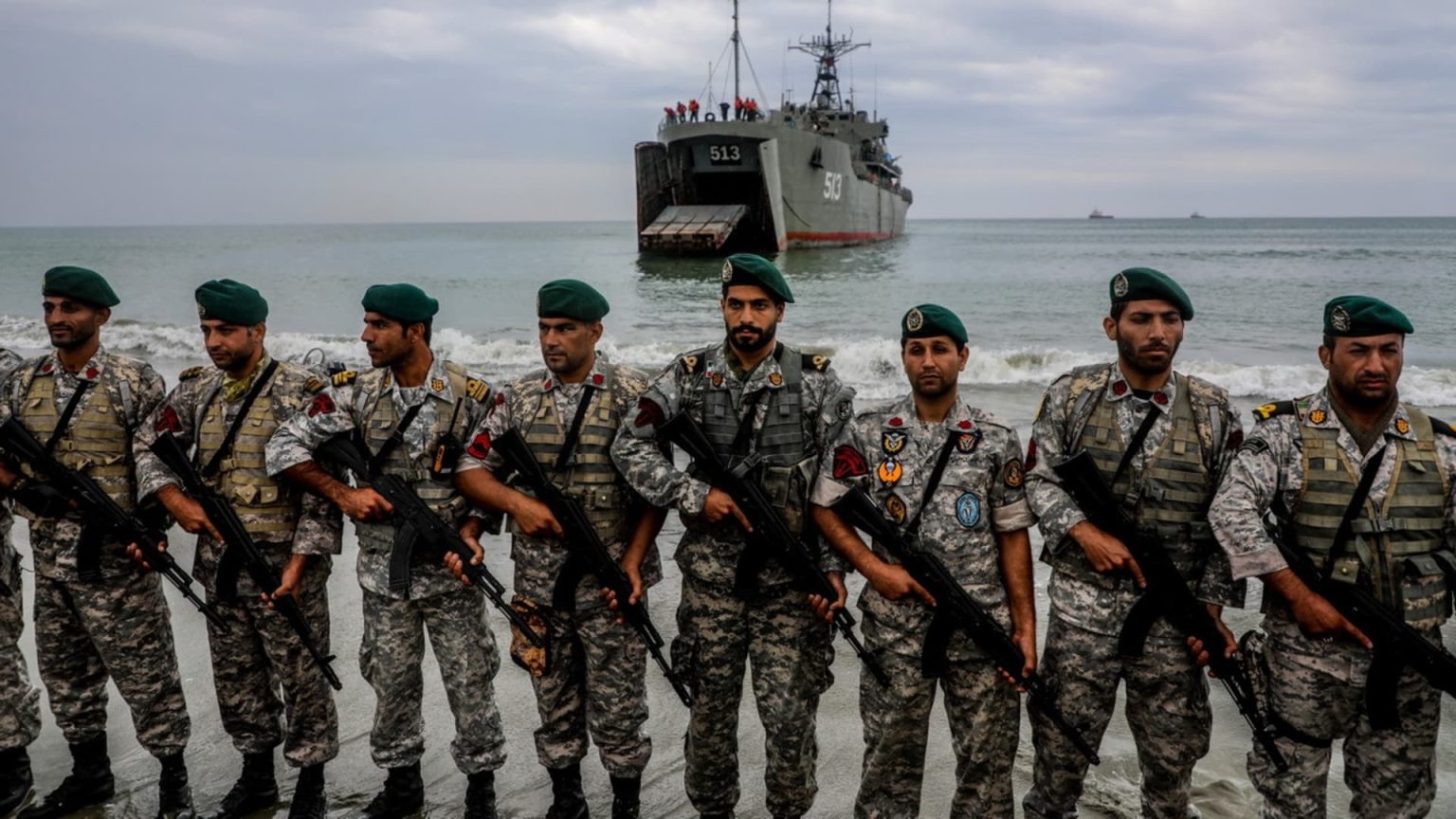Tensions between Iran and Israel have reached new heights with both countries trading attacks and threats in recent days. The latest incident saw Israel launching a limited military strike on Iran, resulting in the shooting down of three drones over Isfahan. Iran’s actions were in retaliation for Israel’s bombing of an Iranian diplomatic compound last month, which resulted in the deaths of two senior Iranian generals. The region is now on edge, with oil prices spiking and U.S. stock futures falling on fears of a wider Middle East war. The prolonged proxy war between Israel and Iran has escalated, raising concerns about the potential for a full-blown conventional war with devastating consequences.
While both sides have vowed forceful responses to each other’s attacks, there are conflicting views on whether these recent incidents signify the start of all-out war or carefully calculated retaliation strikes. Israeli Prime Minister Benjamin Netanyahu has asserted that only his country will decide how to respond to Iran’s actions, despite calls for restraint from Western allies. The scale of Israel’s response is likely influenced by U.S. backing, with President Joe Biden indicating that the U.S. will not participate in offensive military operations against Iran. Iranian President Ebrahim Raisi has warned of a harsh response to any incursion into Iranian territory, further heightening tensions in the region.
Some experts believe that the recent exchanges between Israel and Iran do not necessarily signal the beginning of a wider conflict. Iran’s strikes on Israel were preceded by warnings, allowing for preparations to be made, while Israel’s response has been described as escalatory but not as severe as it could have been. The lack of significant casualties or damage in both incidents suggests that the actions taken by both sides may not have been as escalatory as initially feared. However, any miscalculation in this tense environment could lead to a more serious conflict, given the involvement of various actors in the region.
The situation is further complicated by the involvement of other Iranian-backed militant groups, such as Hezbollah and the Houthis, who have also targeted Israeli territory and assets. The possibility of a wider regional conflict looms large, with the potential for significant destabilization in the Middle East. The key question now is how the cycle of escalatory actions can be stopped, with both Iran and Israel seemingly waiting for the other to make the next move. The uncertainty surrounding the situation has already impacted global markets, highlighting the broader implications of the ongoing hostilities between these two regional adversaries.
As tensions escalate between Iran and Israel, the risk of a full-on war has become more pronounced. With both countries demonstrating a willingness to respond forcefully to each other’s actions, the potential for a major conflict with devastating consequences cannot be ignored. The involvement of other actors in the region further complicates the situation, making it crucial for all parties to exercise restraint and work towards de-escalation. The coming days will be critical in determining the trajectory of the conflict and whether there is any possibility of resolving the longstanding animosity between these arch-foes.













